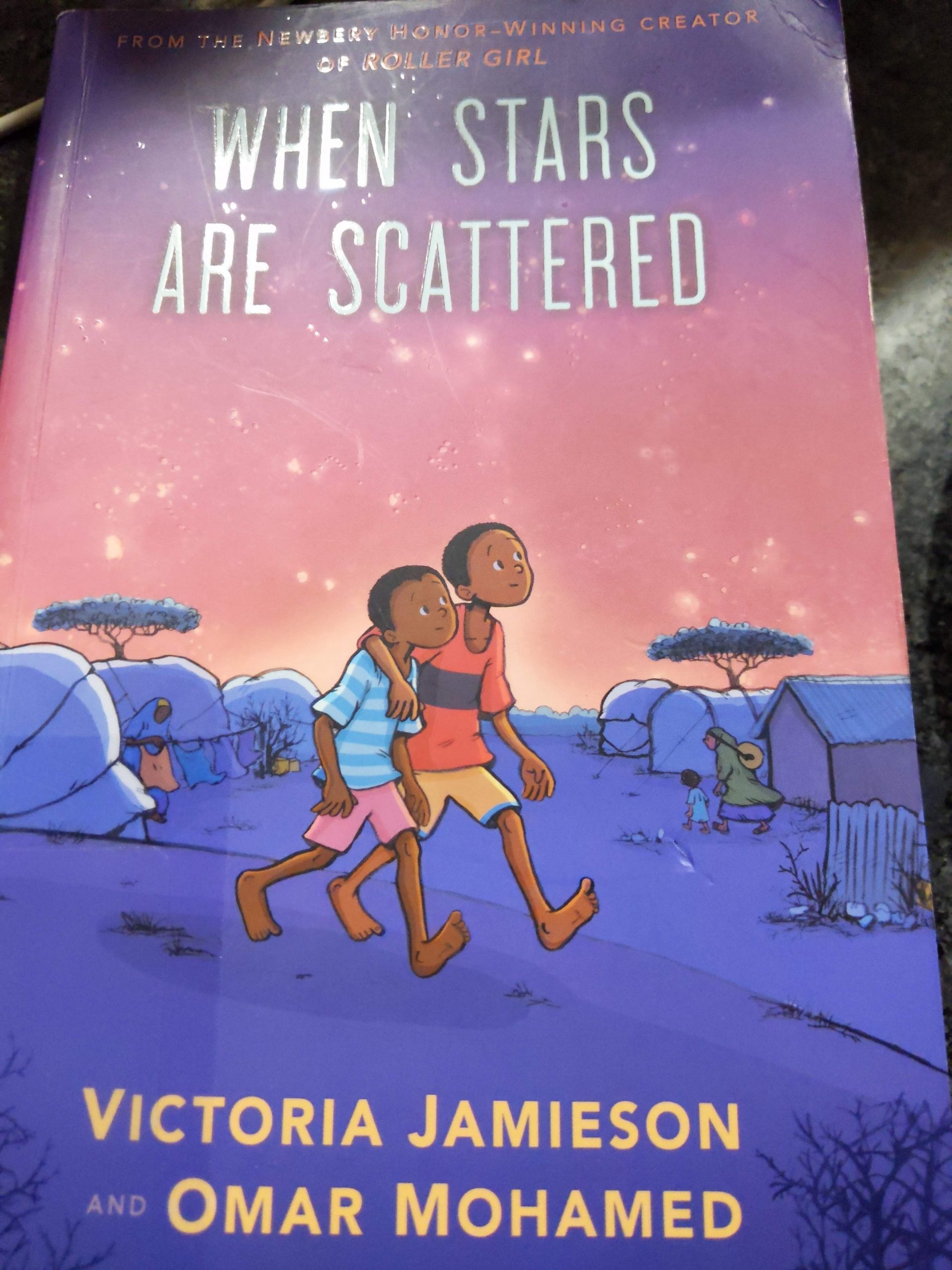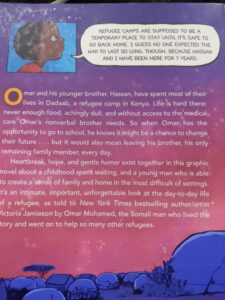Pretty good piece in SSIR by Kevin Starr and Sarah Miers of the Mulago Foundation, why don’t big NGOs scale up other social entrepreneurs’ solutions? They spoke to a bunch of leaders and once they got past the laughter and disbelief at the idea, found “Not created here syndrome” that everybody knows about Big funders like government aid agencies prioritize project-based work Differing priorities at country vs. headquarters Hard to replicate someone else’s idea and get it to work They recommend looking for what’s already out there instead of re-inventing the wheel in house. BTW, I believe Anne Karing’s fantastic bracelets as social nudges for vaccinations project in Sierra Leone came from exploring ideas that had already been implemented or proposed by health workers and were
Topics:
Jeff Mosenkis (IPA) considers the following as important: China, covid, India, jobs, labor, links, miscellany, news, podcasts, social entrepreneurship, Tanzania, Uganda, vaccines
This could be interesting, too:
NewDealdemocrat writes The (totally contradictory) Big Picture
Robert Skidelsky writes Speech in the House of Lords – Conduct Committee
Peter Radford writes My Father’s Disgust
Dean Baker writes The elites’ big lie on inequality
- Pretty good piece in SSIR by Kevin Starr and Sarah Miers of the Mulago Foundation, why don’t big NGOs scale up other social entrepreneurs’ solutions? They spoke to a bunch of leaders and once they got past the laughter and disbelief at the idea, found
- “Not created here syndrome” that everybody knows about
- Big funders like government aid agencies prioritize project-based work
- Differing priorities at country vs. headquarters
- Hard to replicate someone else’s idea and get it to work
They recommend looking for what’s already out there instead of re-inventing the wheel in house. BTW, I believe Anne Karing’s fantastic bracelets as social nudges for vaccinations project in Sierra Leone came from exploring ideas that had already been implemented or proposed by health workers and were discontinued or shelved for one reason or another.
- The economics behind the economics of the COVID vaccine: the WHO is trying to avoid a repeat of slowdowns in H1N1 vaccine distribution in low-income countries because of confusion over who would be liable for any adverse reactions. They are setting up a facility to fund liability claims if anybody in any of 92 economies has a negative medical consequence from a COVID vaccine. It sets up a mechanism outside the courts (which can be expensive and slow) to compensate victims and indemnify manufacturers, but it’s still unclear where the funding would come from.
- Costco will join other chains to stop selling a brand of Thai of coconut milk after allegations of forced monkey labor.
- An advice thread looking for good books about development. This was my entry, a collaboration between graphic novelist Victoria Jamieson (who I gather is well-known) and Omar Mohamed: When Starts Are Scattered. It’s about growing up in the Dadaab refugee camp in Kenya. I liked how it was told very matter of fact, not playing up suffering, and from a kid’s perspective.


- Jobs:
- As the Tanzanian election arrives and is looking not great, Vodafone is being accused of blocking text messages with the opposition candidate’s name (article might be gated). If true, and a private company is trying to influence an election outcome, it’s a quite serious precedent.
- Fantastic trilogy of podcasts from Rough Translation (Apple) on protest movements, my favorite has to be the researcher protesting Uganda’s government with nudity and profane poetry, but Indian caste discrimination in Silicon Valley, and China fan fiction were great also.
